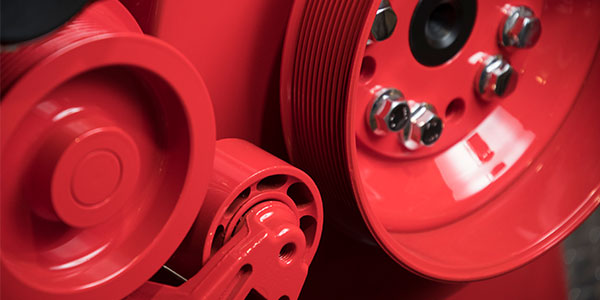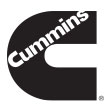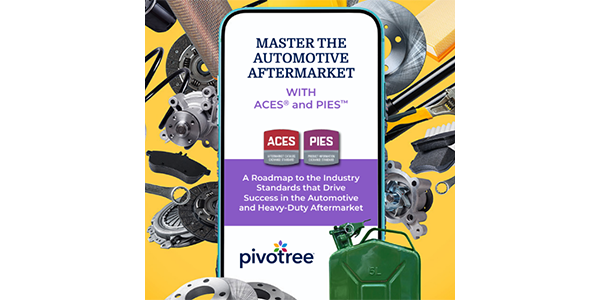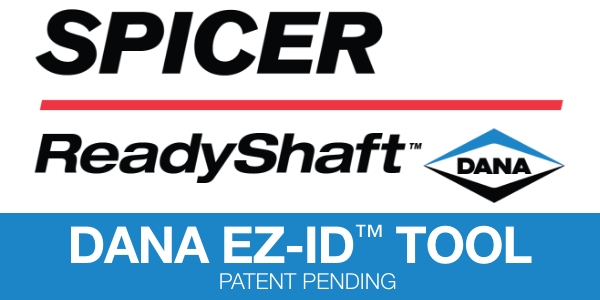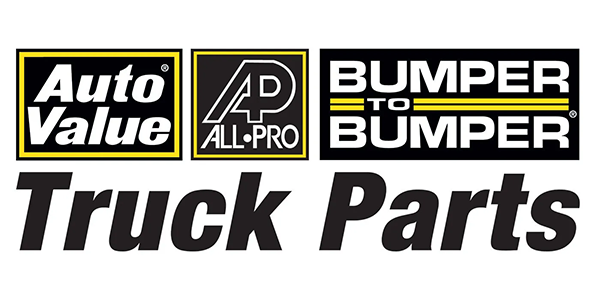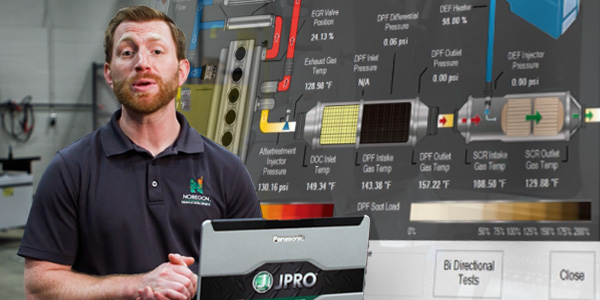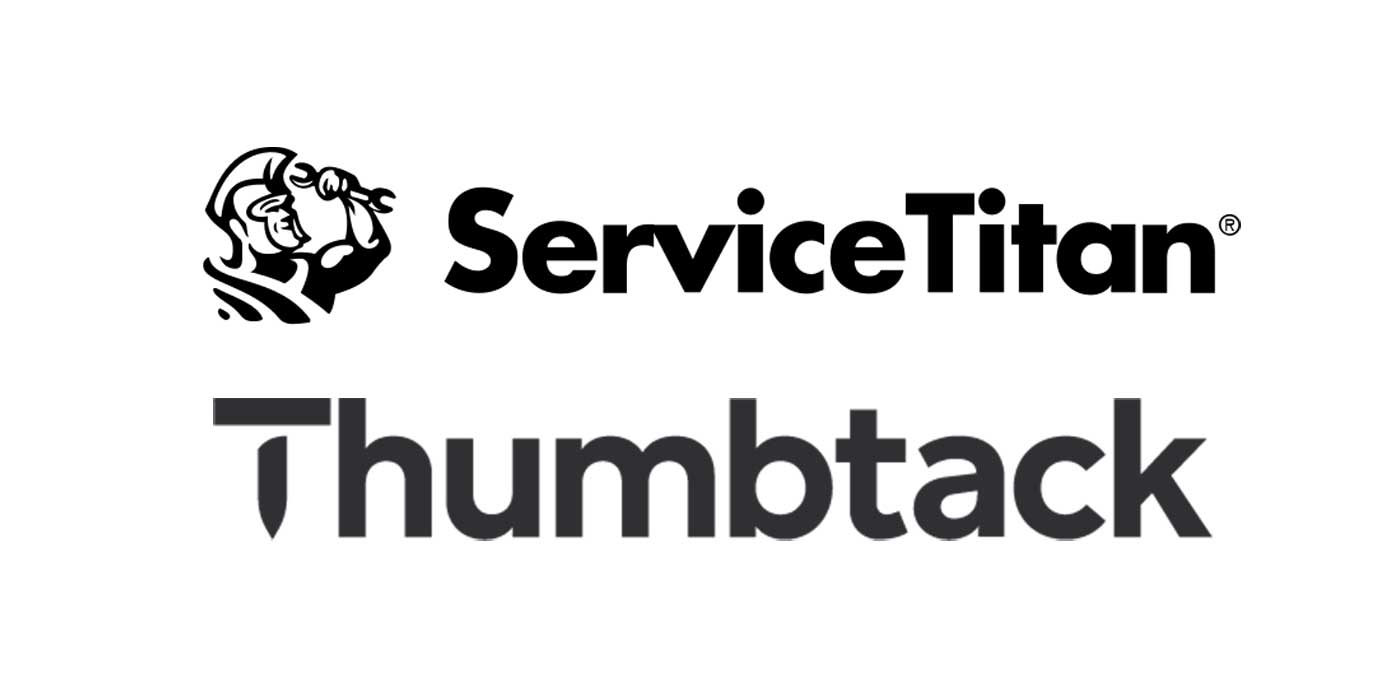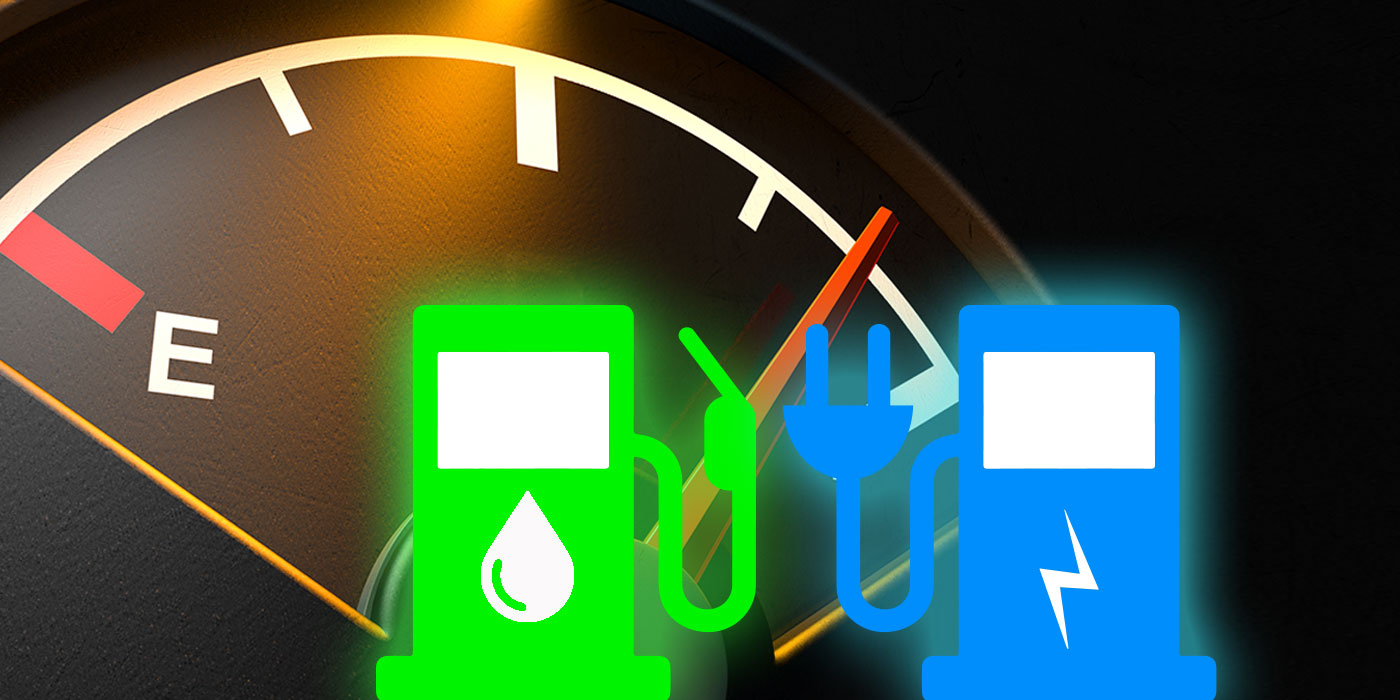Here’s the thing: the trucks you’re running today will experience unplanned downtime. Driver behavior and maintenance schedules impact performance, check engine lights come on, the unexpected happens. Ensuring your trucks meet your high expectations depends largely on the reliability and capability of your diesel engines.
Here’s why.
1. When it comes to uptime, reliable engines matter
You may not realize it, but you depend a great deal on the engines powering your fleet. Whether your trucks haul goods, collect waste, mix concrete or perform another job, they won’t last long or reach their uptime potential with an unreliable engine in the chassis.
High-quality design features play an important role in engine reliability. For example, the Cummins L9 has a wet sleeve design. With this design, the coolant is in direct contact with the outside of the sleeve making any and/or all cylinders easy to replace. Plus, the engine can handle higher horsepower loads without overheating and the block can be rebuilt again and again, adding to the engine’s overall reliability and even resale value. Design features affect engine reliability, and engine reliability affects uptime.
CLICK HERE to connect with an engine expert
2. The right engine lowers Total Cost of Ownership (TCO)
For many, the name of the game is TCO. Maintenance intervals, base engine warranty, extended coverage options, and service network size all contribute to the value of the truck you purchase.
If Engine A has longer maintenance intervals and longer warranty coverage than Engine B, your fleet will spend less money maintaining and repairing the truck with Engine A. If Engine A is also backed by a larger service network, the truck it operates will likely get serviced faster than Engine B should it need repairs. Whether you run your trucks for three years or 20 years, the right engines will get you there without straining your finances.
3. Engine technology can make operation management easier
Technology continues to evolve in every aspect of our lives, and engine technology is no exception. Telematics allows fleets to connect wirelessly to their engines to continuously monitor their trucks on the job. Many engine suppliers offer a variety of digital products that leverage these telematics connections and their own proprietary engine data, which can lead to better fuel economy, reduced accident rates and more uptime – and those are just a few possible benefits. Many digital products that use telematics are specialized for even more operational improvements. Cummins Connected Advisor™, for example, provides fleets with a daily report of fault alerts prioritized by severity and estimated time to failure, so fleet managers can eliminate the guesswork when scheduling service.
Be mindful when evaluating new technologies, as many digital products only work with one telematics service provider (TSP) or are tied to an exclusive truck OEM-based digital ecosystem. Choosing an engine supplier whose technology can be integrated into a wide variety of systems allows you to leverage your existing investment in a preferred TSP and affords you more flexibility when new technologies are introduced later on.
Keep in mind that engine manufacturers are continuously seeking ways to improve upon their current products. The reliability and capability of those engines will affect the longevity of your trucks, the amount of planned and unplanned downtime you experience, and perhaps most importantly – your bottom line.
CLICK HERE to connect with an engine expert
This article was sponsored by Cummins. For more information, please visit our website at www.cummins.com.

